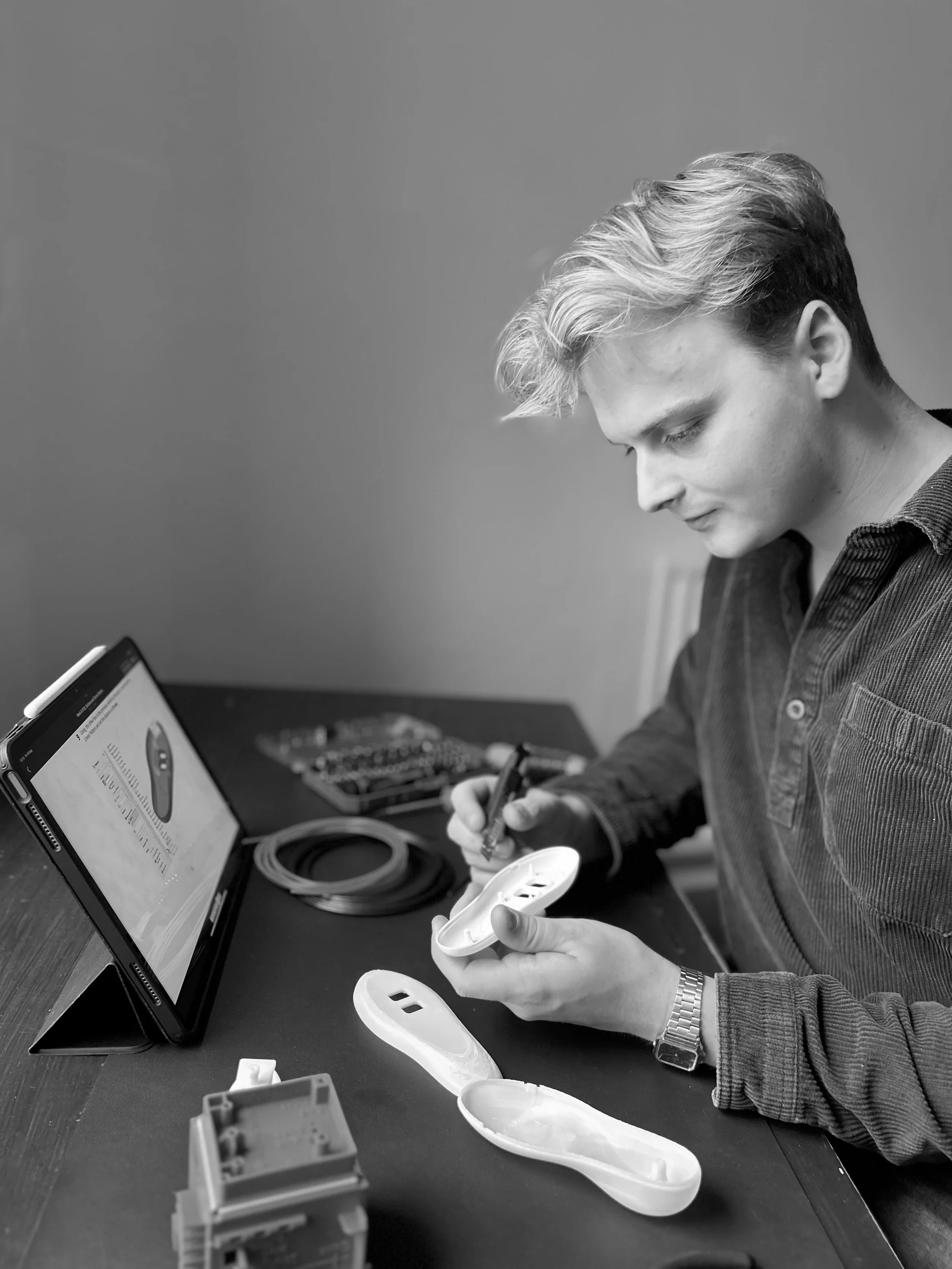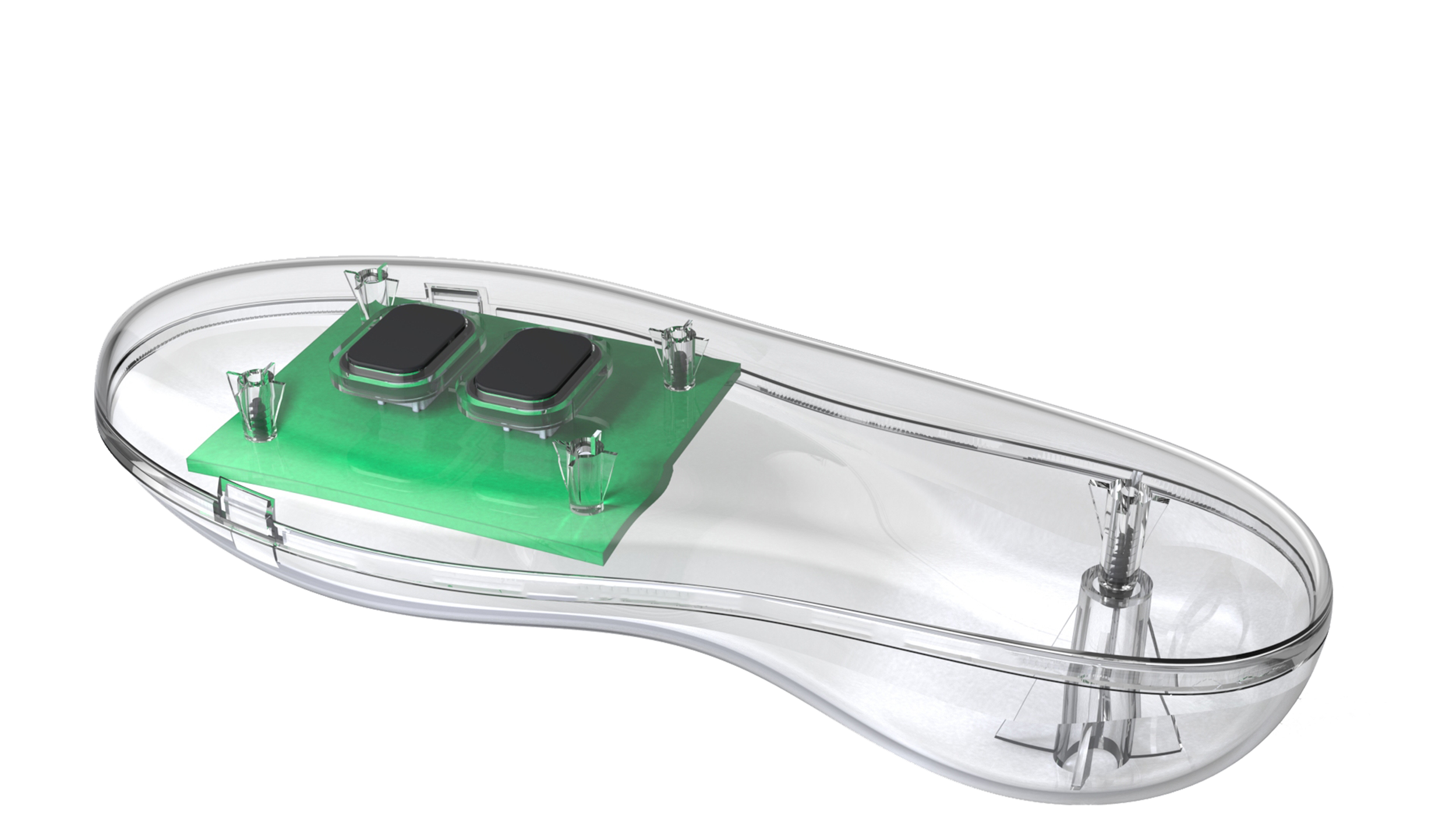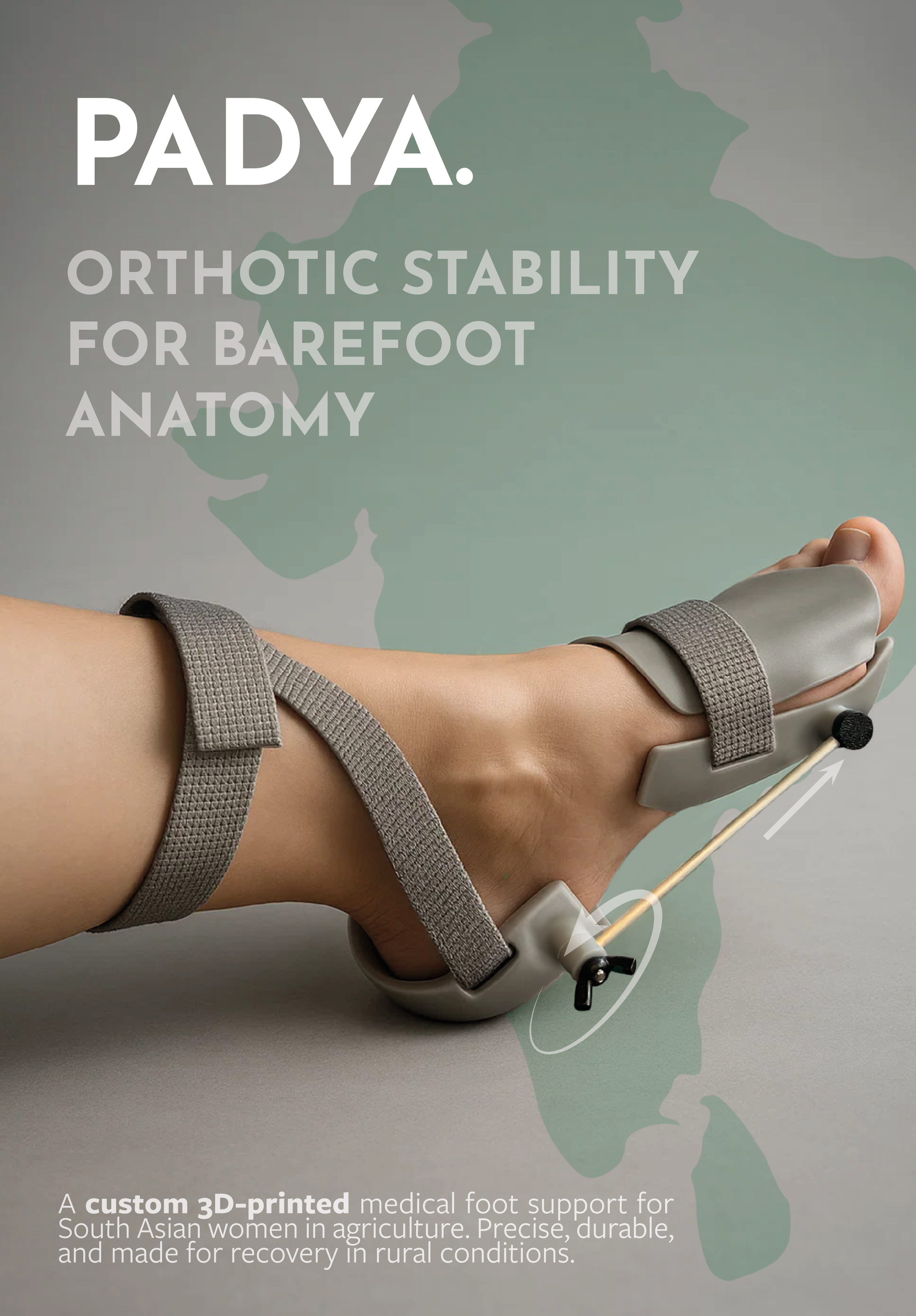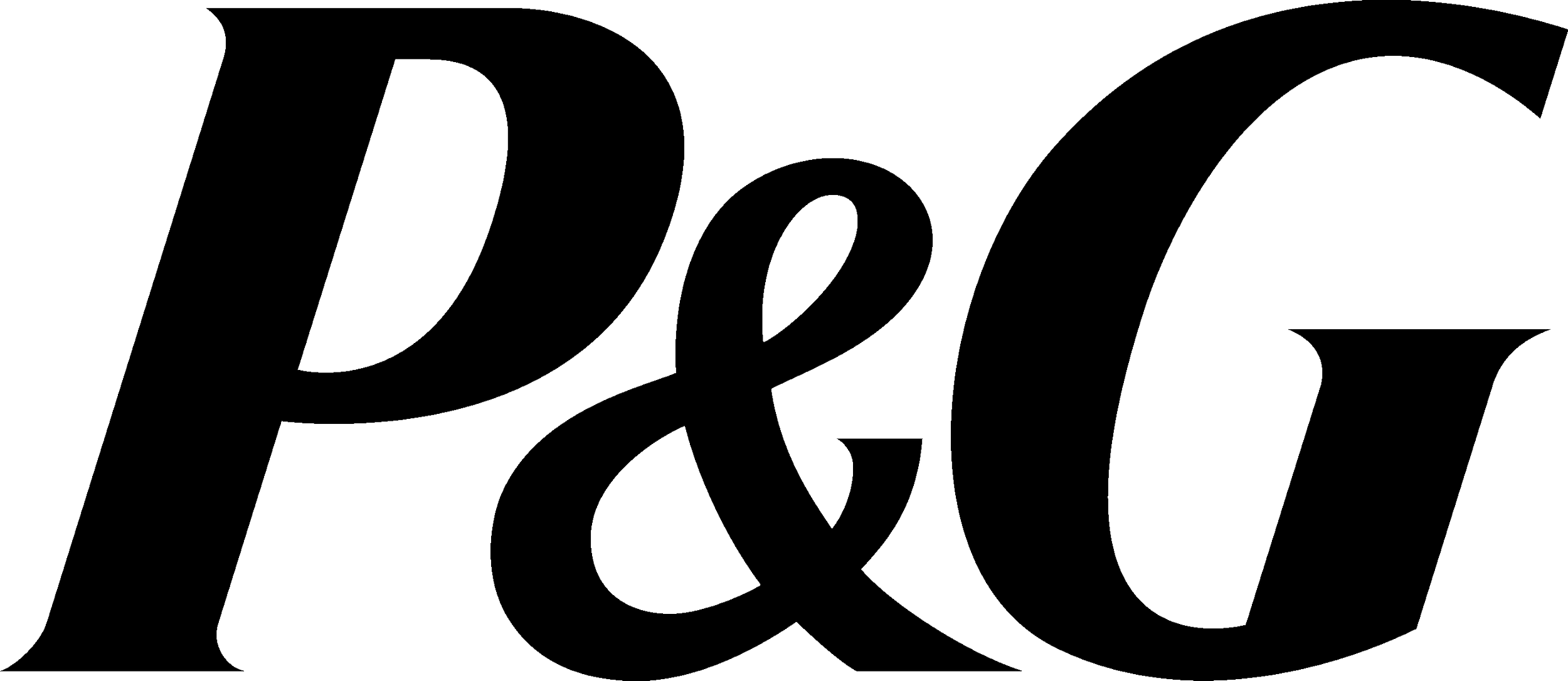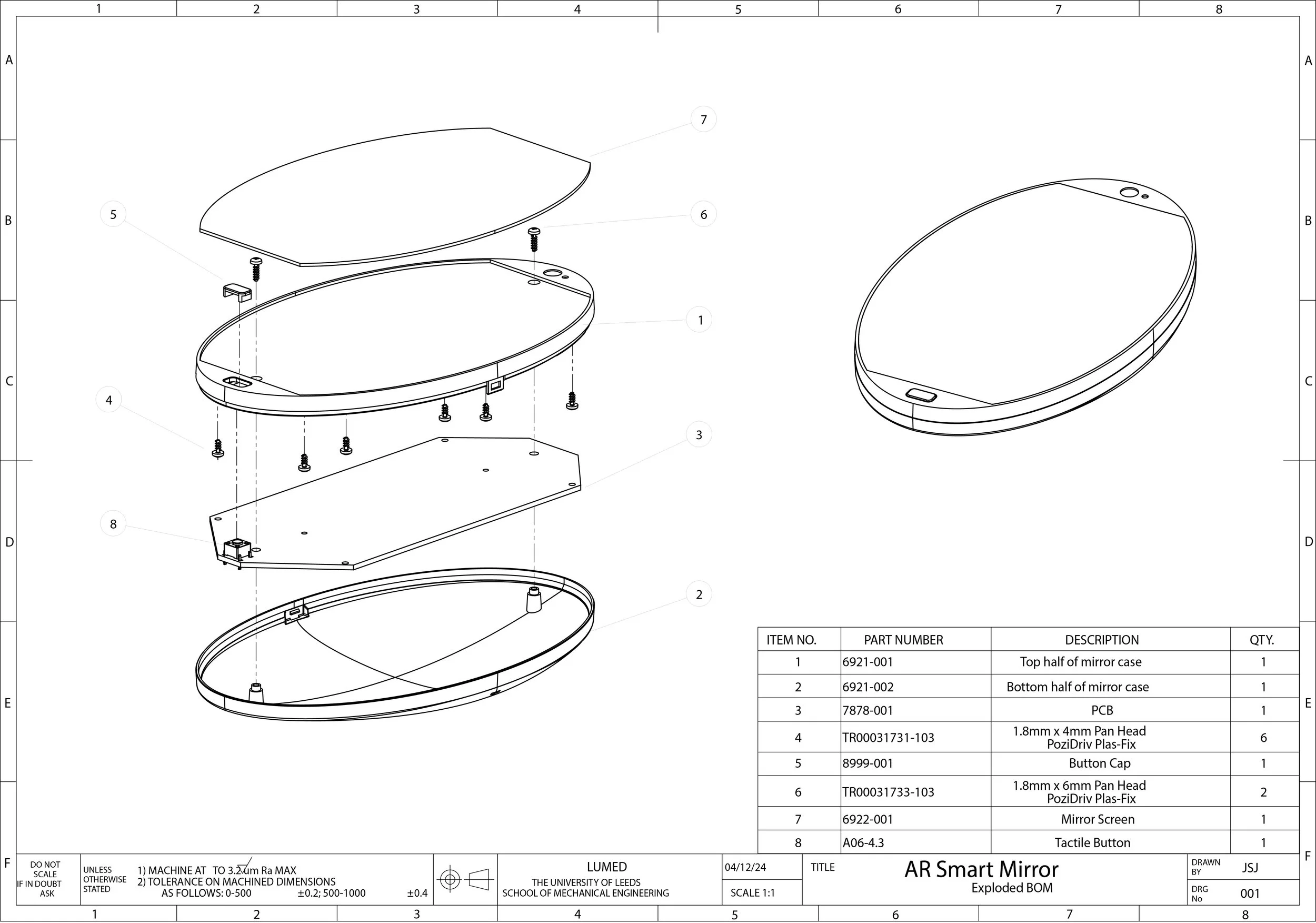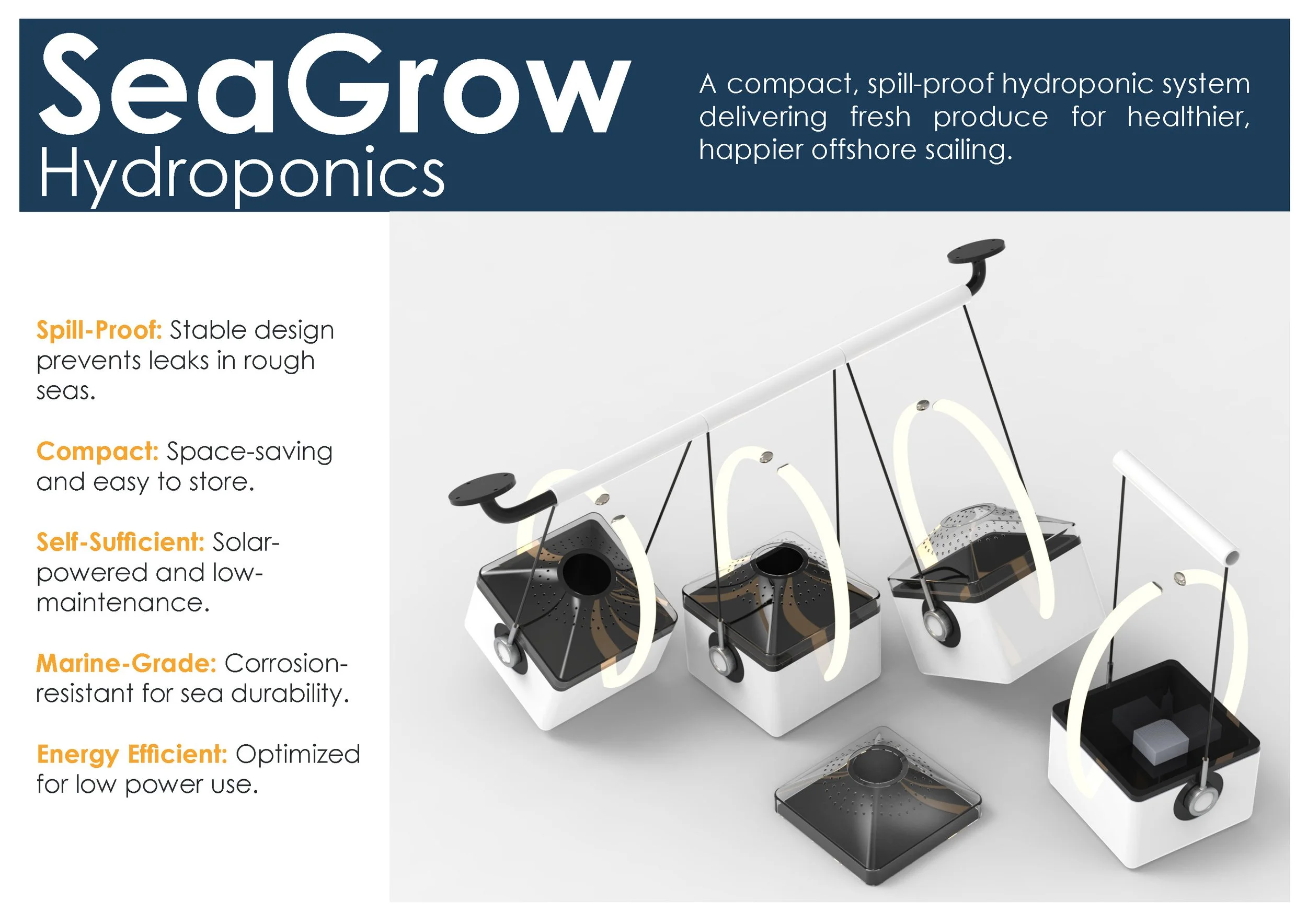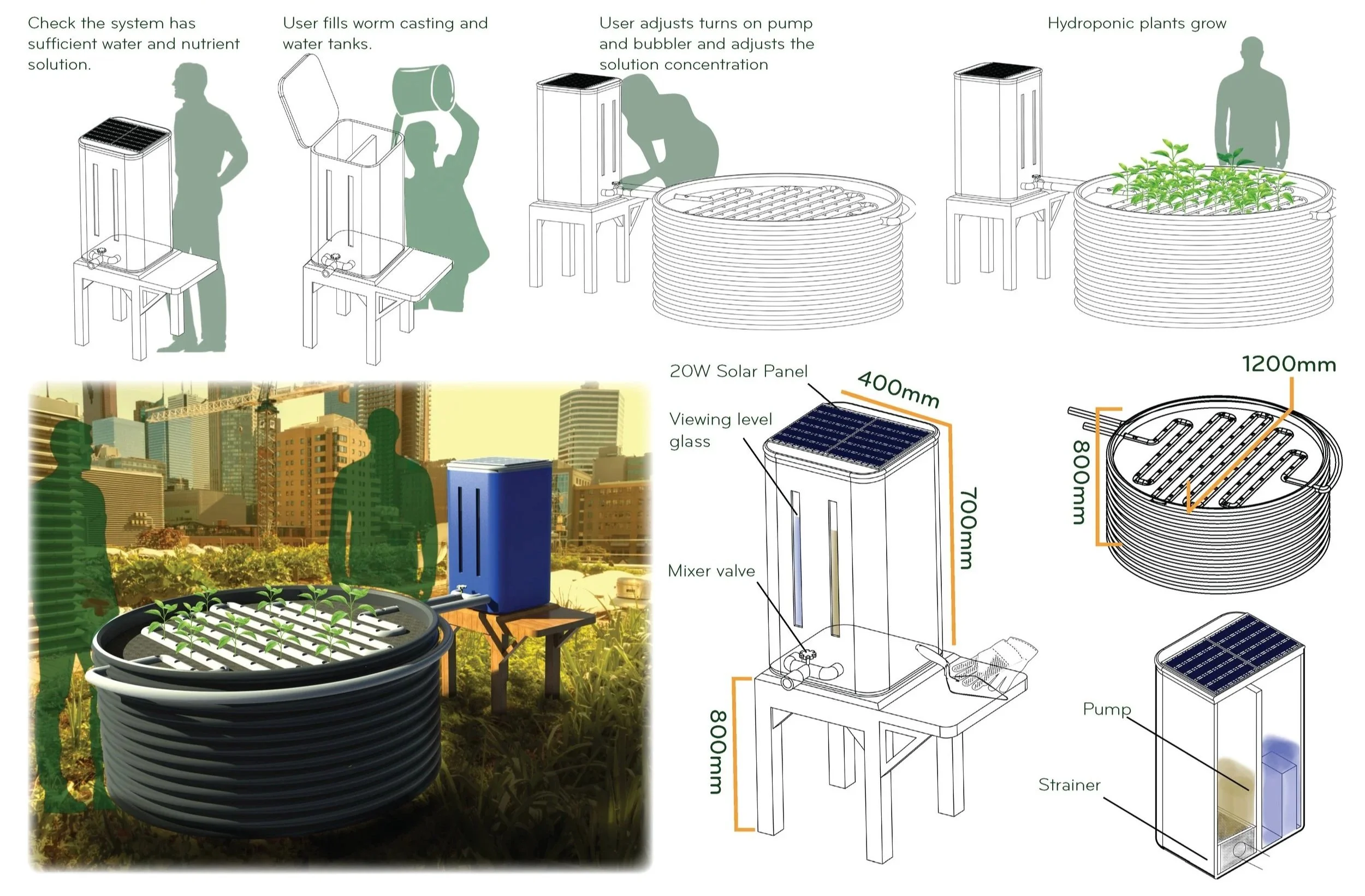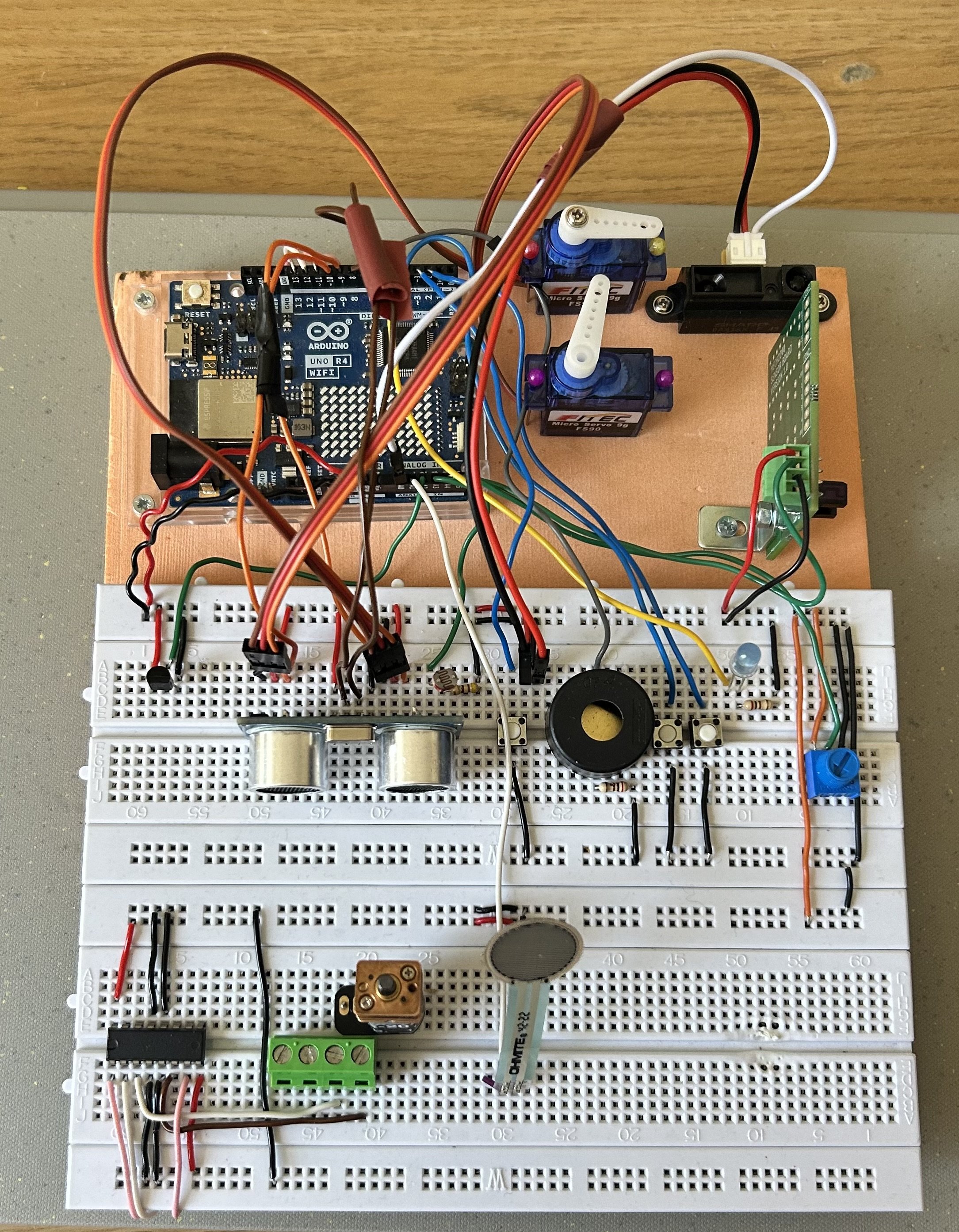Hi, I’m Joseph, a Product Design student at the University of Leeds
I am passionate about creating practical, user-centred solutions.
Selected Works 2020–2025
University of Leeds Internship - Design for Manufacture
I created the official CAD tutorial materials for the 'Design for Manufacture' module on the Product Design BSc programme, taking responsibility for this departmental resource for second-year students.

